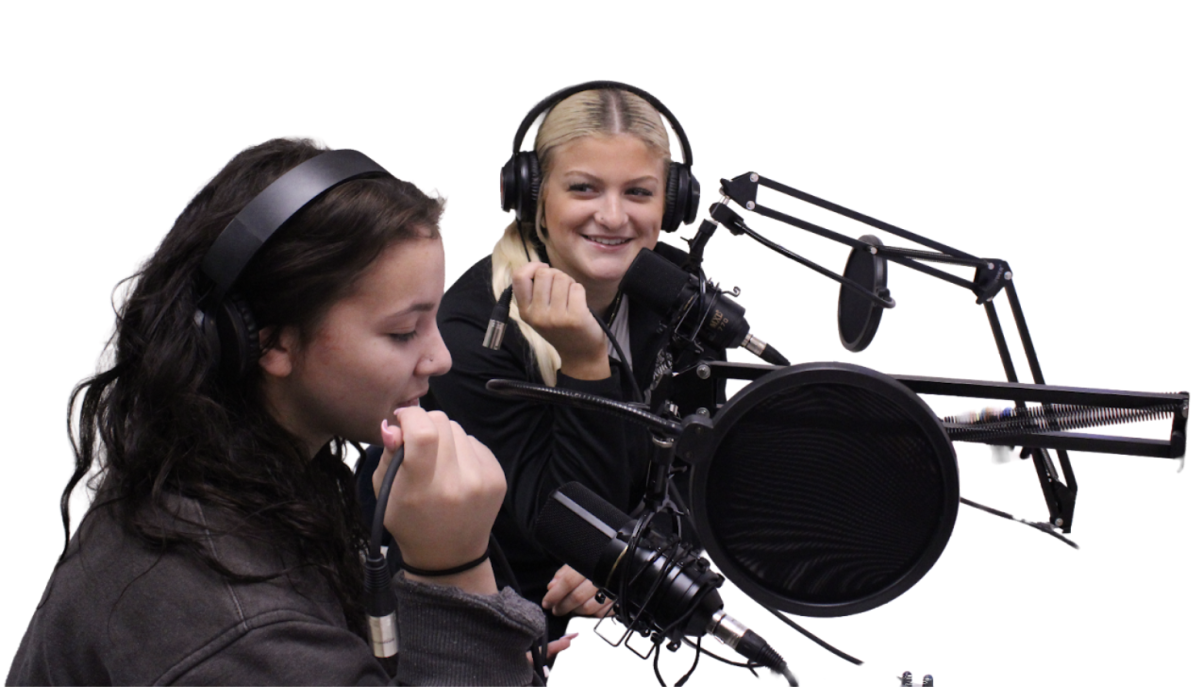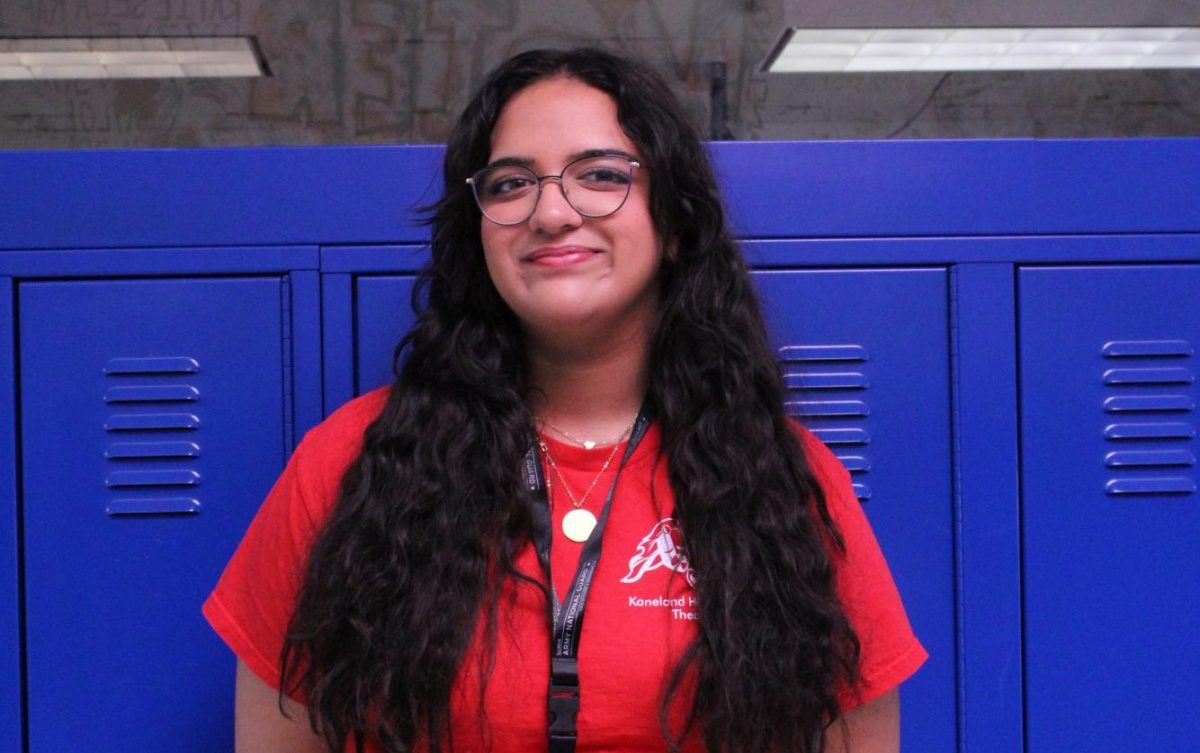Unlike what the pilgrims may have originally imagined on the Thanksgiving agenda, for many, Thanksgiving’s main course is a screaming match and a heated political debate. Politics are increasingly dividing America, but having differing views from your family, especially your parents, can be even more problematic.
Having both a brother and a dad who are passionate about politics means I have listened to and participated in more than my fair share of inter-family political debates. For me, this began around the 2016 election between Hillary Clinton and Donald Trump, in which eight-year-old me began to view my dad differently after learning whom he was voting for. I have inherited my dad’s passion for politics and debating, but not his political views. Our opinions have become more different as I have gotten older, which has led to an unfortunate amount of fights. While my brother’s views are much more similar to mine, we have also had many immature political debates that include talking over one another and name-calling.
One possible way to prevent these conflicts from arising is not bringing up politics in the first place. If the conversation is started by someone else, not engaging in debates, especially ones that you know will not be productive, is another alternative. While not speaking about something that you feel strongly about is frustrating, it will be less emotionally taxing in the long run. Many of these political conversations are not educating debates, but arguments constructed of mostly yelling instead of listening. These family fights are not likely to change someone’s opinion, nor will anyone be able to go back and change the candidate they voted for, so participating can just feel pointless.
“If somebody is too immature to have a civil conversation without allowing both parties to speak and be heard, then they probably are not worth your time,” senior Hannah Lindgren said.
If it is unavoidable or you decide to engage anyways, being respectful while speaking will help prevent an argument from escalating or even starting in the first place. While being the bigger person can be difficult in this situation, it is beneficial to everyone involved. This begins with active listening and attempting to understand where the other person is coming from, even if the other person is not returning the same respect.
“Tone of voice and how you portray things can go a long way,” school psychologist Alexandra Cox said.
You can instead channel your passion into changes on a community or societal level. A simple Google search will provide you with thousands of ways to make a difference. Getting active in local politics by attending public city meetings, voting in local elections, starting a club and attending protests are examples of ways an individual can make a difference on their own. Ultimately, these things will do more for the topics you care about than fighting with family members.
This is not to say that conversations surrounding politics should never happen or that they cannot be productive. Speaking about politics, especially to people with differing views from you, is one of the best ways to grow as a person. When you truly want to convince someone to change their opinions for the right reasons, being well-informed on current events and educated on debating techniques should be the focus. Reading credible books and articles is a tried and true, realistic way to stay up to date with politics.
“Typically, I like to ask the opposing person how or why they think what they think,” Lindgren said. “It can be very easy to fall into only researching the side that you believe in. But to be an objective researcher and debater, it is very important to be enlightened on both sides.”








